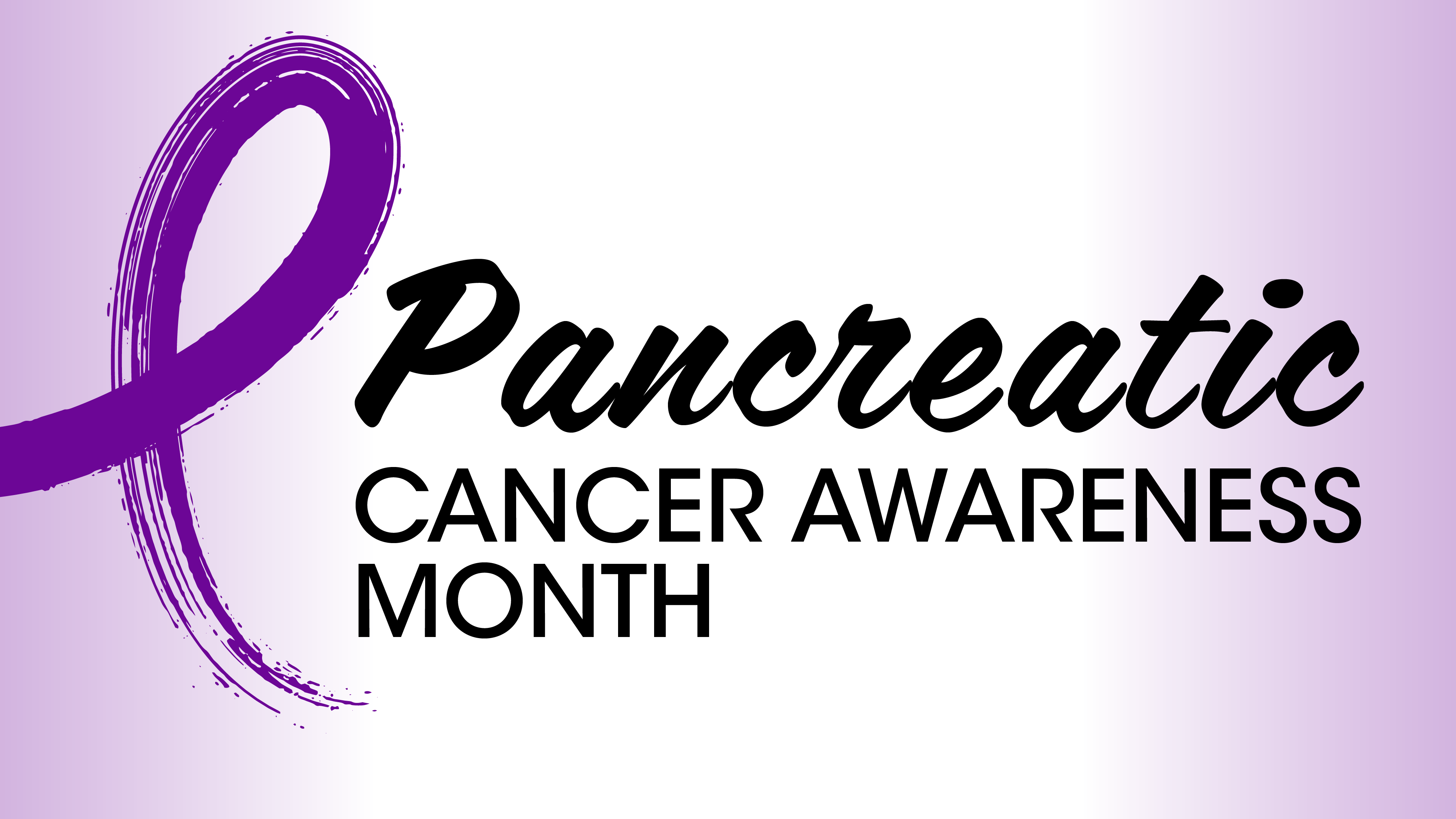
Moving the Needle With Pan-RAS Inhibitors, Vaccines in Pancreatic Cancer

The development of RAS-directed vaccines may help decrease the likelihood of disease recurrence in patients undergoing treatment for pancreatic cancer.
CancerNetwork® spoke with Shubham Pant, MD, MBBS, about notable ongoing research efforts and potential next steps for improving outcomes in the pancreatic cancer treatment field. He highlighted these initiatives ahead of his presentation at the 15th Annual Ruesch Center Symposium, which will focus on targeted therapies for those with RAS-mutant pancreatic cancer.1
Pant, a professor in the Department of Gastrointestinal Medical Oncology with a joint appointment in the Department of Investigational Cancer Therapeutics (Phase I Center) at The University of Texas MD Anderson Cancer Center, and gastrointestinal cancer editorial advisory board member for ONCOLOGY, detailed “encouraging” data associated with the use of pan-RAS inhibitors. Specifically, the novel multi-selective RAS(ON) inhibitor RMC-6236 has yielded treatment outcomes that appear to exceed those previously achieved with standard chemotherapy. Looking ahead, Pant described how the development of RAS-directed vaccines may help reduce the chances of recurrence in patients who underwent prior surgical resection and adjuvant therapy.
According to previously reported data from the single-arm phase 1/1b RMC-6236-001 trial (NCT05379985), second-line treatment with RMC-6236 produced a median progression-free survival of 8.5 months (95% CI, 5.3-11.7) and median overall survival (OS) of 14.5 months (95% CI, 8.8-not estimable) among patients with disease harboring KRAS G12X mutations.2 Additionally, the objective response rate was 29% in the second-line therapy subgroup and 22% in the third-line and beyond group.
Transcript:
What we’re seeing with these pan-RAS inhibitors, specifically [RMC-6236], has response rates in the second-line setting of up to 30%, which is an improvement over our classic chemotherapy, which is [approximately] 10% to 15%. We’re also seeing an improvement in progression-free survival. In a single-arm study, results that were reported showed a progression-free survival north of 8 months. Normally, the progression-free survival, with regular chemotherapy, is [approximately] 3.1 months. [Hopefully], we’ll find out what happens in a randomized setting. This was a single-arm [study], but they were encouraging data.
This an exciting time for research with RAS. Another thing I’m going to talk about [during my presentation] is RAS-directed vaccines. Patients who have early pancreatic cancer post-resection and post-adjuvant chemotherapy can still have a 50% to 70% chance of the cancer coming back.With this new wave of RAS-directed vaccines, we’re trying to decrease the chances of the cancer coming back. That would signify a true cure for these patients; their cancer doesn’t come back. I’m going to discuss a little bit about this new and exciting phase of drug development in pancreatic cancer [during my presentation].
References
- Pant S. Targeting the RAS mutation in pancreatic cancer. Presented at the 15th Annual Ruesch Center Symposium; November 21-23, 2024; Washington, DC.
- Revolution Medicines presents updated data from RMC-6236 monotherapy study in patients with advanced pancreatic ductal adenocarcinoma. News release. Revolution Medicines, Inc. October 23, 2024. Accessed November 21, 2024. https://tinyurl.com/mtx57rs4
Newsletter
Stay up to date on recent advances in the multidisciplinary approach to cancer.



































